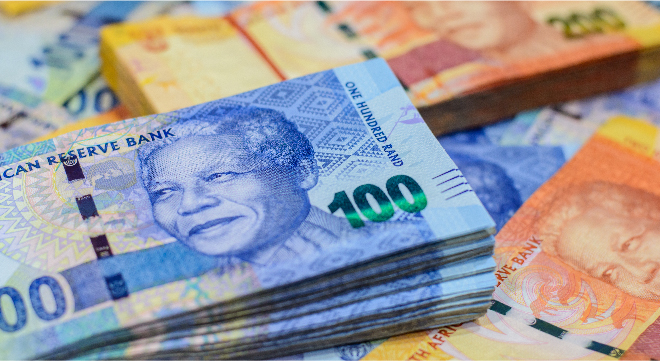The FSCA has proposed increasing its levies by about 5% this year.
Although the percentage increases for most of the variables used to calculate the total levy are higher than those contained in the Financial Sector and Deposit Insurance Levies Bill percentage, FSPs will not pay as much as would have been the case if the Bill had taken effect.
The Financial Sector and Deposit Insurance Levies Bill has not been enacted, so the FSCA is going ahead with raising levies under section 15A(1) of the Financial Services Board Act, read with regulation 2(3) of the Financial Sector Regulations.
As we reported last month, National Treasury revised the formulae for the levies that FSPs will pay to the FSCA after discussions between the Authority and the Financial Intermediaries Association of Southern Africa.
The revision saw the overall levy bill of a sole-proprietor FSP, for example, coming in at 5.7% a year instead of 14.8%.
Read: Treasury proposes reducing FSP levies
The FSCA proposes increasing the base levy for Category I and IV FSPs from R3 792 to R3 982 – instead of its decreasing to R3 600 in terms of the Levies Bill. The proposed base levy is 10.61% higher than it would be if the Bill were in effect.
The levy per Category I and IV key individual or representative increases from R605 to R635. This is 22.11% higher than would have been the case in terms of the Levies Bill, where the Category I and IV KI/rep levy is R520.
The non-implementation of the Bill means FSPs will pay less to the FAIS Ombud per KI or rep: R469 instead of R690.

If the proposed increases are implemented, a sole-proprietor Category I or IV FSP will pay a levy of R5 213 (FSCA levy of R3 982 plus ombud levy of R1 231), which is 5% more than the current R4 964. This is only 0.63% less than the R5 246 such an FSP would pay in terms of the Levies Bill.
It should be borne in mind that the Levies Bill will compel FSPs to pay levies to the Financial Services Tribunal and the Ombud Council, as well as special levies of 7.5% of the levies paid to each regulator/ombud for two years.
A sole-proprietor FSP with one representative will see its total levy increase from R6 016 to R6 317 (FSCA base levy of R3 982 plus rep levy of R635; ombud base levy of R1 231 plus rep levy of R469). This is 3.93% less than the R6 575.71 in terms of the Levies Bill. In other words, the non-implementation of the Bill will result in such FSPs paying 5% more instead of 9% more.
The FSCA is also proposing to increase by 5% the levies payable by other financial institutions, such as short- and long-term insurers, retirement funds and collective investment scheme managers.
Last year, the FSCA proposed a 4% levy increase, but this was reduced to 3% following comments from industry stakeholders that the proposed increase was too high, particularly because of the impact of Covid-19 on financial institutions.
The deadline to comment on the proposed increases is 22 July. To download the draft notice and the comments template, go to www.fsca.co.za > Regulatory framework > Draft FSCA levies > 2022.




Good Day
Your article notes the following: “The FSCA is also proposing to increase by 5% the levies payable by other financial institutions, such as short- and long-term insurers, …”.
However, the Levies Bill proposes calculating the levies for insurers based on premium written.
Your article does not clarify which will apply: the draft Notice of increasing the prior year levies by 5% or the Levies Bill which proposes calculating the levies based on premium written.
It will be appreciated if the above can be clarified.
Good day
In terms of the draft notice, the levy in respect of a short-term insurer other than a micro-insurer, Lloyd’s and Lloyd’s underwriters, is the rand levy amount which the short-term insurer paid in the previous levy year increased by 5%.
In other words, not GWP as in the Levies Bill.